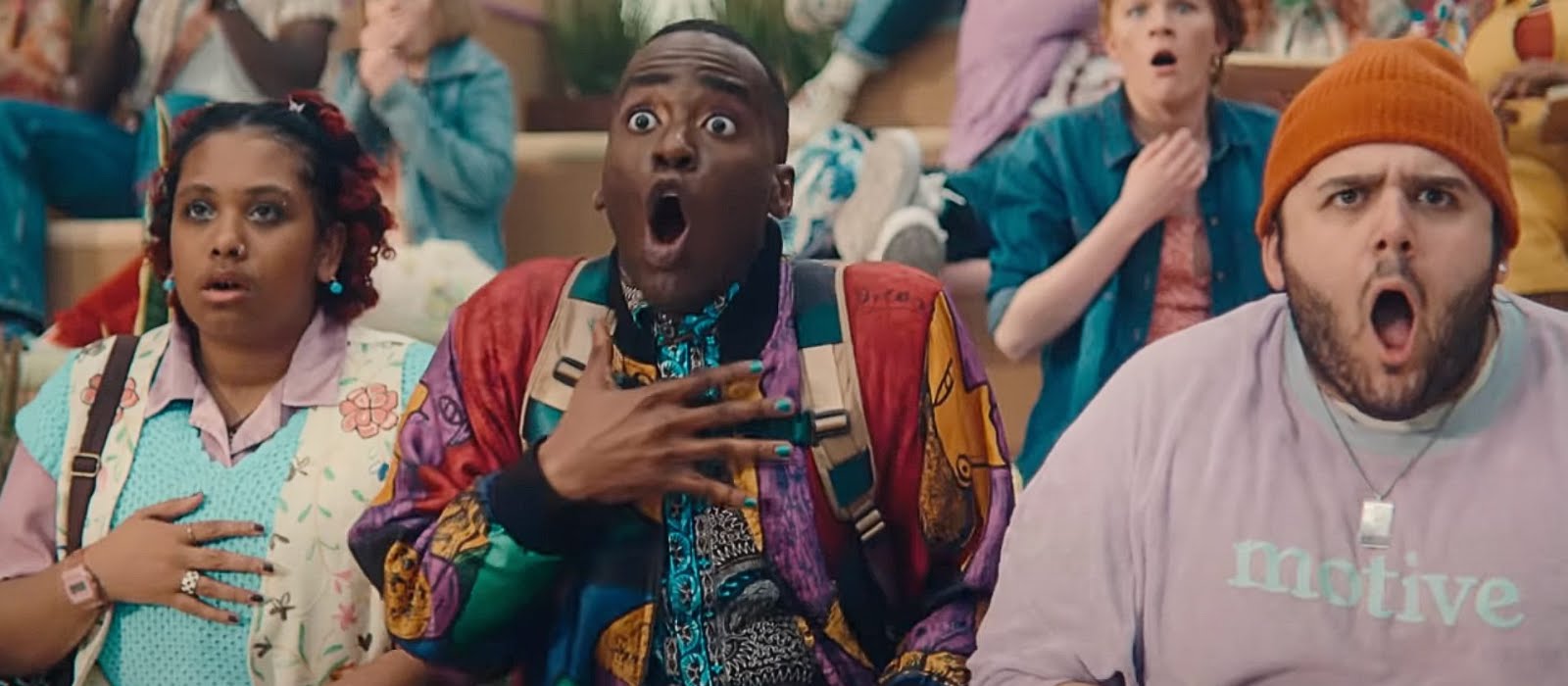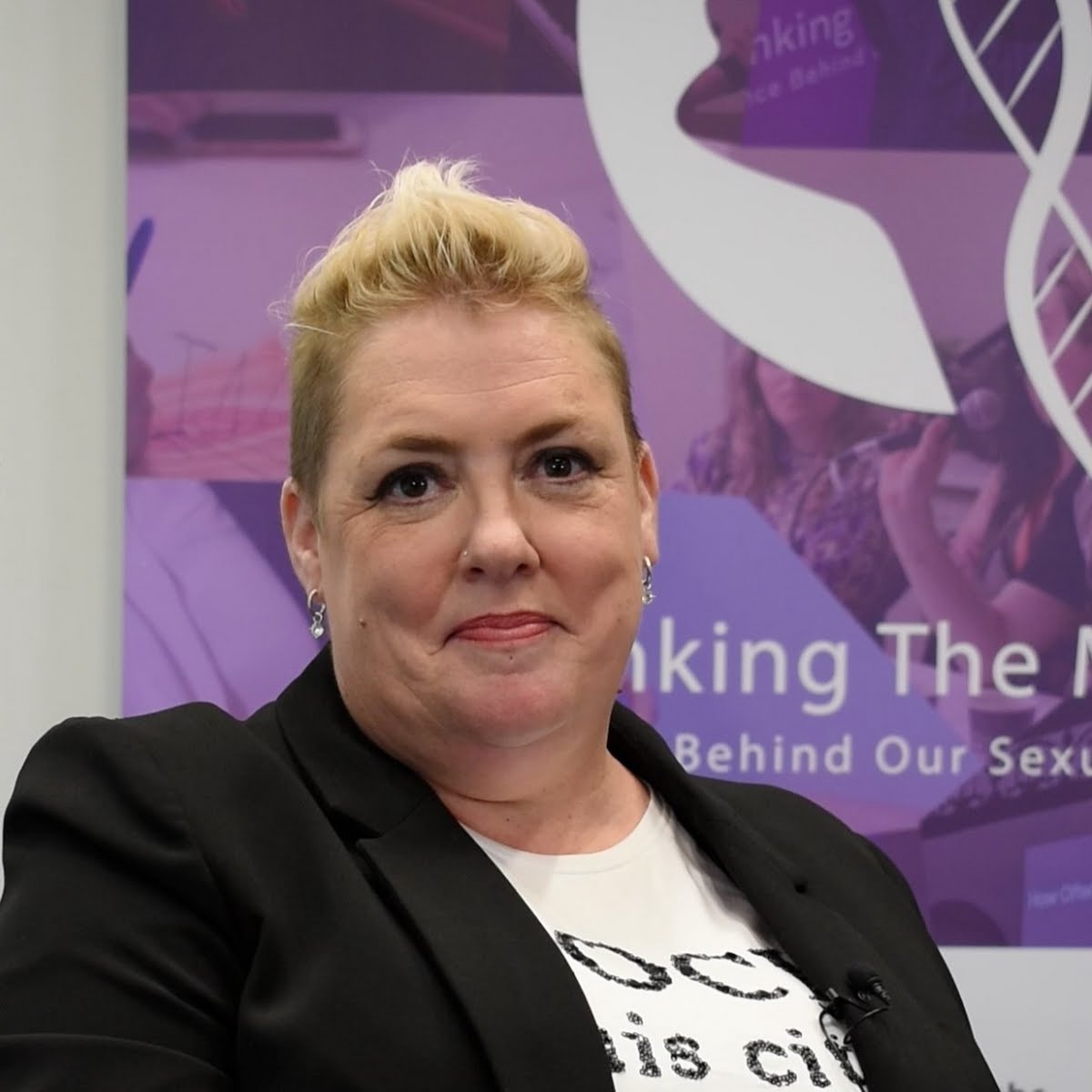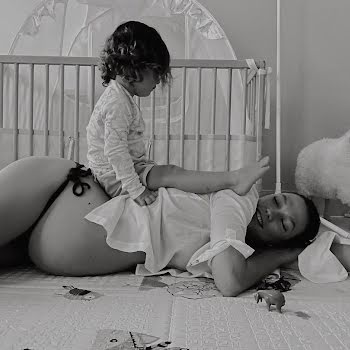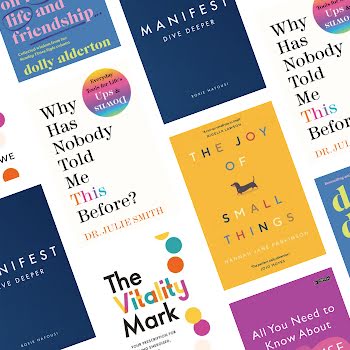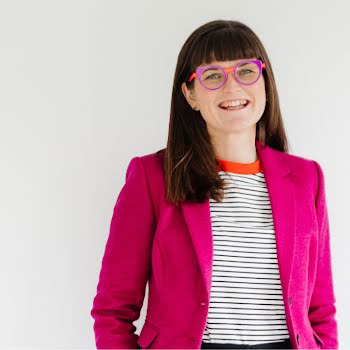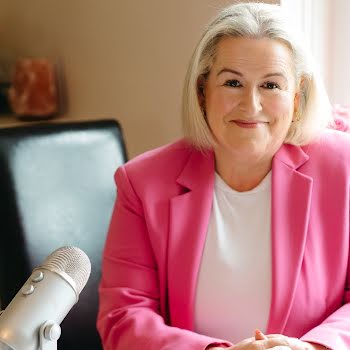It’s World Sexual Health Day, and now’s the time to dig into the birds and the bees, debunk some myths, and look at how we approach Sex Ed through a 2024 lens.
“Students are increasingly demanding an education that reflects their different realities and needs, not one rooted in shame-based approaches,” Elisa Belmonte, Research Communications Manager at Royal College of Surgeons in Ireland (RCSI) tells us.
In celebration of World Sexual Health Day, now’s our chance to sit down and consider the myriad ways we can ensure that the next generation can get the Sex Ed we wish we had. One that’s free from shame and stigma, that delves into the areas of positive consent, periods, contraception, sexually transmitted infections and so on so that young people can be equipped with the knowledge and understanding of themselves, their bodies, and the real world around them.
Dr Caroline Kelleher, a lecturer in the Department of Health Psychology in RCSI and a contributor to expert lead sexual health education outreach programme Debunking the Myths, says: “Historically, sexuality education has been heteronormative, predominantly focusing on the sexual experiences and practises within cisgender, heterosexual relationships. The range of sexual orientations and gender identities that are part of our society and always have been, have remained ‘in the closet’ in sexuality education, and it is time this changed.
“Young people need to feel visible, represented and supported in the education they receive, and fully aware of the knowledge and taught skills they will need to explore their sexuality in a healthy, safe and consensual way.”
Here, we speak with both Elisa Belmonte and Dr Caroline Kelleher on how programmes like Debunking the Myths represent a step in the right direction, and how parents can ensure that their children get the Sex Ed they so require…
Can you break down what’s covered in present-day Sex Education?
Sex education in Ireland, known as Relationships and Sexuality Education (RSE), is part of the broader Social, Personal, and Health Education (SPHE) curriculum. The SPHE curriculum (both for the Junior Cycle and Senior Cycle) has been recently updated, to reflect the increasing evidence of the challenges young people in Ireland face as they grow up, and the growing recognition of the significant benefits of school-based health education programs for their social, emotional, and physical well-being.
The school ethos plays a significant role in its approach to RSE, which can lead to differences in the quality and scope of RSE that students receive.
The Debunking the Myths program is designed to complement the Senior Cycle RSE curriculum, providing students with access to healthcare professionals who can address specific questions in an age-specific, safe, unbiased environment, contributing to counter harmful misinformation and empower young people to make informed decisions about their health. The feedback we’ve received from teachers is they really appreciate the added value that our programme is bringing.
Is the shroud of shame that has always existed around sex and Sex Ed still there, or are programmes like Debunking the Myths having the desired effect?
Social attitudes towards sex and sexuality have evolved, and programs like Debunking the Myths are playing a significant role in driving this change among the younger generation. These initiatives are helping to open up conversations and normalise discussions about topics that were once considered taboo, such as STIs, pleasure, contraception, and anatomy.
Students who attend Debunking the Myths workshops consistently express the value they find in having medical experts delivering the workshops. Their presence creates a more objective and trustworthy environment which is crucial in dispelling misconceptions about sexual assault, contraception, and sexually transmitted infections. Having trusted, knowledgeable sources reassures students and helps break down barriers to discussing these critical issues openly.
Moreover, students are increasingly demanding an education that reflects their different realities and needs, not one rooted in shame-based approaches. Programmes like Debunking the Myths are responding to this demand, providing a relevant and comprehensive understanding of sexual health. While progress is being made, we need a collective effort to enhance conversations and ensure that sex education continues to evolve in a positive and inclusive direction.
Are the Senior Cycle secondary school students who engage with these workshops open to discussion, or relatively open minded?
Most Senior Cycle secondary school students who engage with these workshops are open to discussion and display an open-minded attitude when it comes to conversations about consent, and gender identity and sexuality. Our workshops are designed to be highly interactive.
We are conscious that teenagers may not feel comfortable to speak up in an environment where they are surrounded by their peers and teachers, so the workshops utilise an online application called Mentimeter which allows teenagers to submit questions anonymously and to answer polls and quizzes in real time with answers being incorporated in slides projected to all attendees.
To date, we have received more than 2,000 anonymous questions during our workshops, which highlight students’ eagerness to know more. They are the ones actively demanding an education that addresses their needs and reflects their diverse experiences.
What are some tips you would give parents when it comes to approaching the birds, the bees, and beyond?
Dr Caroline Kelleher says: “For parents, it is about providing a safe space for your children to speak about these topics, gently letting them know that you are here to listen and support them. You may not know the right thing to say or the answers to all of their questions, but creating a supportive environment at home is a strong first step.”
Could you share some resources that might come in useful?
The team at Debunking the Myths have created a dedicated section on our website where we collate trustworthy information and existing educational materials from reputable sources which can be accessed HERE.
Among the resources cited on our website:
Photography by Netflix.











